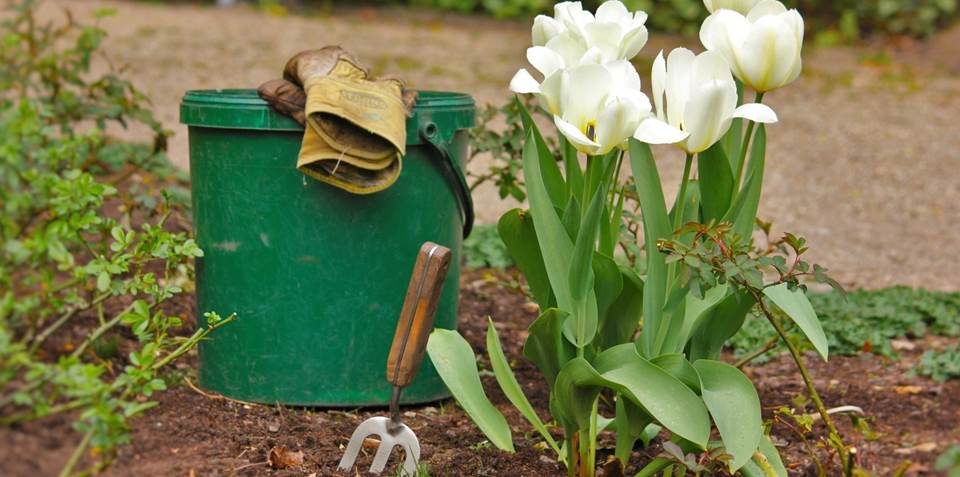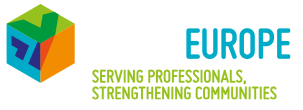
As Jewish community professionals and educators, we tend to be focused on the future. We plan programmes that will have impact in the future, we teach our young people so that they will take over from us when they grow up, and we think about what might be next. If we are lucky we see some results immediately, but often the most important results will be further off in the future, and we may never see them.
Although this can sometimes be frustrating and demoralizing, the idea of planting seeds for the future is a very deeply-held Jewish value. The Torah commands the Jewish People that when they enter the Land of Israel one of the first things they must do is plant trees for food. This is a clear statement that investing in the future is a critical part of what it means to establish a community. Even though it will take several years for those trees to bear fruit, our first job is to plant them, and to make sure that future generations will be provided for.
In another famous midrash (rabbinic legend) we are told, “If you had a sapling in your hand and were told that the Messiah had come, first plant the sapling [and then go out to greet the Messiah]”. In other words, even though we have been waiting eagerly for the Messiah and his arrival would seem to change the natural order of the world for the better, our priorities should be with our current reality and our capacity to make our own future for our children and communities.
This is a really important principle for all of us who work in service to our Jewish communities. We invest much time and energy in the future, and we do it because it is embedded in our collective culture and because we know that it is the only way to make our energies in this generation really count.
If you want to explore this idea more, check out the wonderful resources prepared by the Global Day of Jewish Learning. The resources contain interesting texts and lots of questions for discussion (see more below). You can use them to enrich a staff meeting and next time you start planning a new project or program.
Your community can also be part of the Global Jewish Day of Learning on 12 November 2017. Join the Yesod webinar on 31 July to learn how to host your own local events (see below).
Resources for Tammuz
The whole unit on Planting for the Future, from the Global Day of Jewish Learning, containing this text and many others, together with study questions.
If you want to plant for the future in the most effective way, you will need to think clearly and strategically. Here is a good starting resource for how to build a strategic plan. The article is focused on synagogues but the lessons are true for all organizations.
And, once you have your strategy and theory of change, think about how you will measure your success.
- Check out The Data Playbook, from the Charles and Lynn Schusterman Family Foundation. This guide advises on how to think about and evaluate your success and gather the right data you need to help improve your programs.
- This article from the Jim Joseph Foundation, and the resources in it, will help you think more broadly about measurement and what we really want to know in the field of Jewish education.
- The Evaluation Good-practice guidance by the Heritage Lottery Fund provides some background information on carrying out evaluation along with advice and ideas on producing an evaluation report.
- Read the paper Mapping Goals in Experiential Jewish Education by Yeshiva University’s Center For The Jewish Future that provides ideas about what goals are and can be and outlines practices for how organizations use goals in their daily work using examples of the differences in this field.
Yesod Webinar: Host a Global Day of Jewish Learning
The Global Day of Jewish Learning is an international festival of Jewish learning that unites Jews of all backgrounds, all around the world, on a single day through study of our shared texts. This year’s Day, on November 12, 2017 will explore the theme Beauty and Ugliness. Yesod is delighted to host a webinar for community professionals and educators interested in learning more. Join the webinar on Monday July 31 at 14:00 Central European Time, to learn more about this free opportunity for your community and to taste the learning materials. Contact info@yesodeurope.eu for joining information.
View Resource of the Month Archive for resources posted in previous months.

